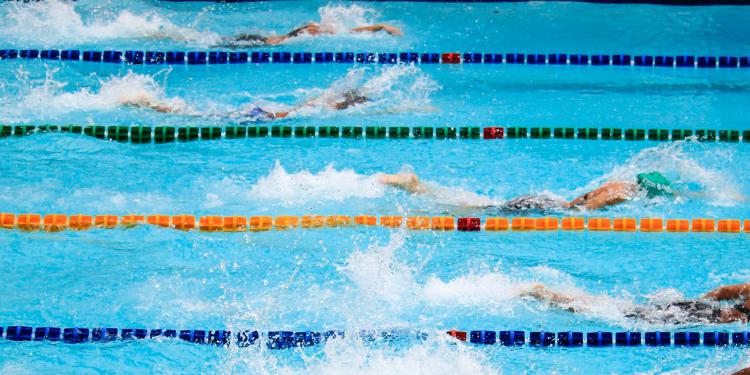The association of steroids and sports is old, but it is one of the highly knotted and intricate issues of modern times. The drive to compete and to win is mainly responsible for tying the knot of steroids and sports. The connection between steroids and sports is referred to as doping in sports terms. Doping is the practice of using performance-enhancing drugs such as anabolic steroids to get an edge in competitive sports.
The history of steroids and sports is believed to have begun in the 1930s. It was the decade when testosterone was first synthesized. Testosterone was introduced into the sporting arena in the 1940s and 1950s. Since then, steroids are often used by weightlifters, bodybuilders, athletes, and other sports persons to amplify their performance levels, power, and stamina. Steroids and sports created kicked up a great row in the first half of the twentieth century.
The first reaction against steroids and sports came from the International Amateur Athletic Federation, now the International Association of Athletics Federations, which became the first international governing body of sport to ban doping or the use of steroids in sports in 1928. Aiming to disassociate steroids and sports, FIFA (soccer) and Union Cycliste Internationale (cycling) banned the use of steroids in 1966, and the International Olympic Committee joined them in 1967. The first tests for athletes were at the 1966 European Championships and two years later the IOC implemented their first drug tests at both the Summer and Winter Olympics.
Anabolic steroids became highly prevalent during the 1970s, which further complicated the problem of steroids and sports. This knotty link of steroids and sports led to the creation of the World Anti-Doping Agency in 1999. The agency works to test and detect steroids used in sports, and the detected steroids are added to the IOC’s list of prohibited substances. There is a long list of sportspersons who have been tested positive for using steroids or prohibited substances.




